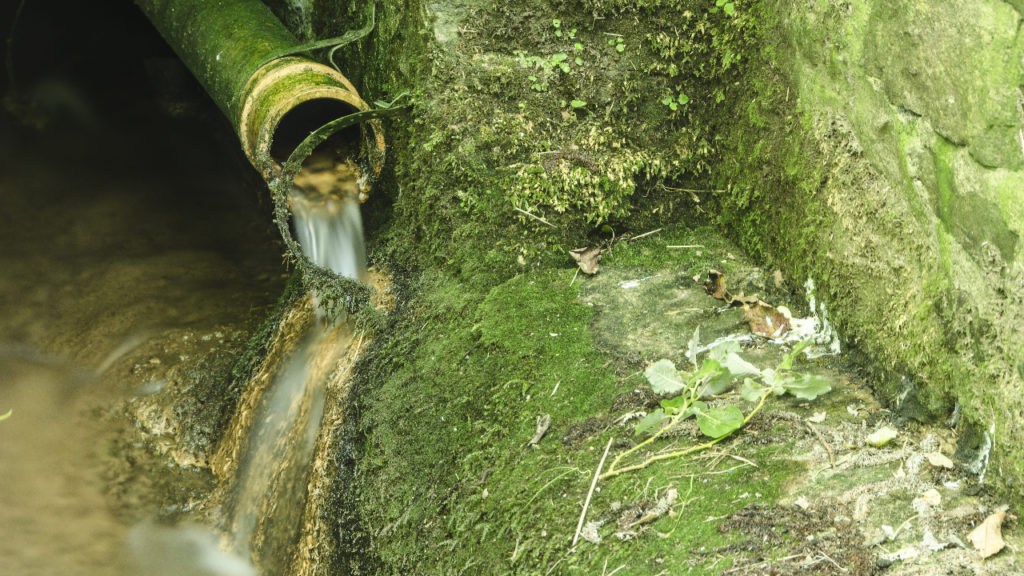Some 400,000 homes in Flanders are not connected to the local sewerage system, and many will be sending their sewage straight into the environment, according to the VRT’s investigative series Pano.
The problem is not limited to older, remote houses, the programme revealed. Even in new-build estates, some houses have no sewer connection, and the total could be as high as one in eight of all houses.
Flemish environment minister Zuhal Demir (N-VA) reacted with anger. “This is a basic provision,” she said. “We’re living in the 21st century. People have a right to it.”
The problem, she said, was not helped by the apparent lack of interest in sewerage projects on the part of local authorities.
“The Flemish government has provided a budget of €150 million for this. But it is not being used. That is why I appeal to all cities and municipalities: please submit your projects.”
For those who remained reluctant, she had an answer.
“We especially want to encourage sewerage projects. We do see a change in some municipalities. But for those who continue to refuse, we have to look for a solution. I think, for example, that Flanders should start carrying out those works instead of leaving it to the local authorities. We would be responsible for the management, but at their expense. That can’t be done at the moment, but it must be made possible.”
The Flemish association of towns and municipalities (VVSG) see the problem differently.
“It is really incorrect to only look at the local authorities in this issue,” said VVSG spokesperson Nathalie Debast.
“This is a game with a lot of players, both local and regional. It is not enough to just put a pipe in the ground. It must also be connected to the water purification installation.”
The VVSG is now itself calling for sewerage contracts.
“We are asking the minister to conclude a sewerage contract with each municipality, with clear objectives and clear agreements on financing. If municipalities cannot keep to their commitments, they may also be held accountable,” said Debast.
In the meantime, Demir’s department is working on a central inventory of sewers.
“We will gather together information on all sewers. That is more than 50,000 underground pipes in Flanders. So we can know where they are and what their condition is, to be able to carry out repairs.”
And time is running out. Belgium is signed up to a European Union target of having all of its waterways cleaned up by 2027.
“And we are a long way away from that yet,” Demir said.
Alan Hope
The Brussels Times

